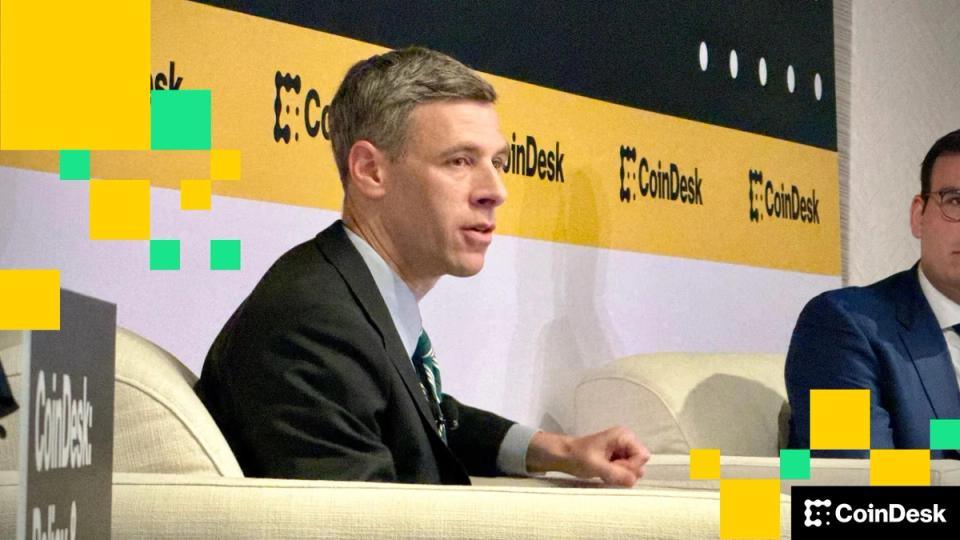The U.S. Office of the Comptroller of the Currency has issued new policy guidance that explains how domestic banks can hold crypto assets for use in paying blockchain network “gas fees.”
In what’s known as “Interpretative Letter No. 1186,” the agency said Tuesday that banks can keep digital assets on their balance sheets that they reasonably deem necessary for their operations.
Blockchain networks regularly require the use of their own specific token as fees for transactions, so banks wishing to handle such activity must have the necessary assets. The activity “explicitly authorized under the National Stablecoin Guidance and Establishment Act in the United States” will require banks to pay network fees as an agent for customers or as part of their custody operations, the letter said.
The need for banks “to pay network fees to facilitate otherwise permitted crypto-asset activities and to hold, as principal, the amounts of crypto-assets on the balance sheet necessary to pay network fees for which the bank anticipates a reasonably foreseeable need is permissible for the bank,” the OCC concluded.
US banking regulators – including the Federal Reserve, the Federal Deposit Insurance Corp. and the broader Treasury Department – are already working to draft new regulations to govern stablecoin issuers and activities, based on the new GENIUS Act requirements. But those rules aren’t yet in place for the law approved earlier this year.
With the arrival of President Donald Trump’s pro-crypto administration, the OCC ended years of hesitation over allowing regulated banks to engage in digital asset activities. The agency is now led by Jonathan Gould, appointed by Trump and confirmed by the Senate in July.
Read more: What are Ethereum gas fees?




